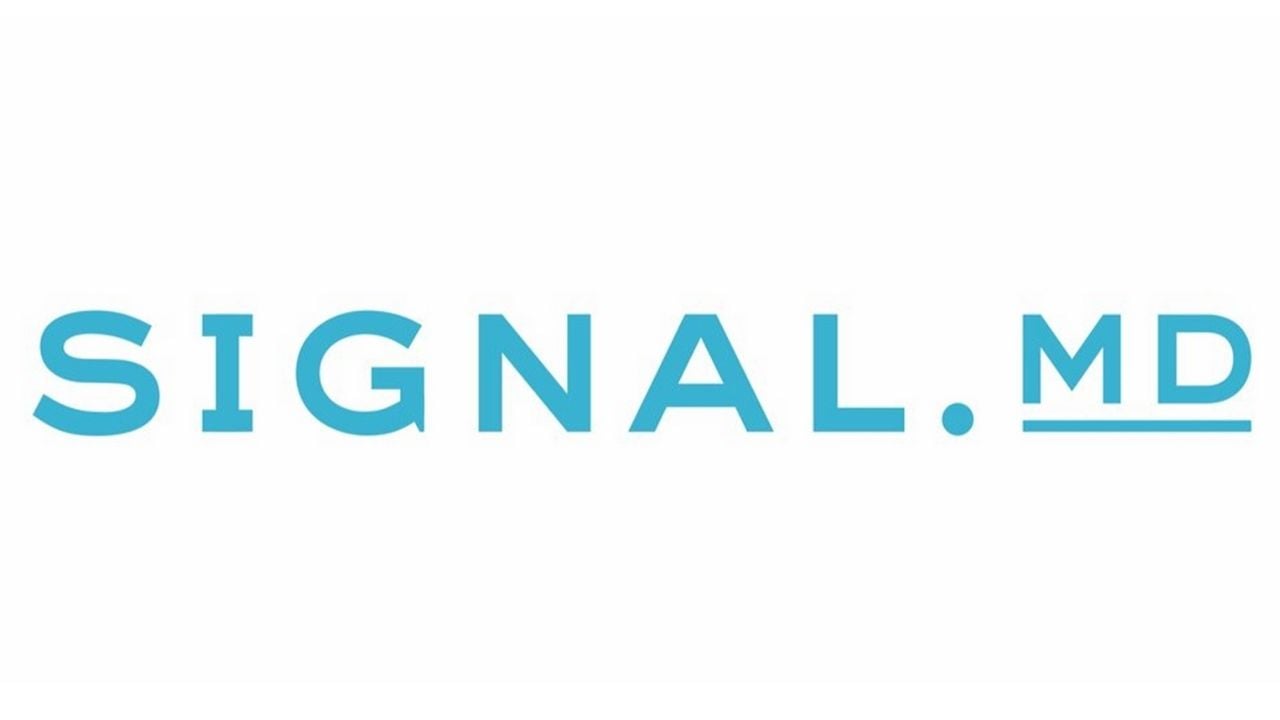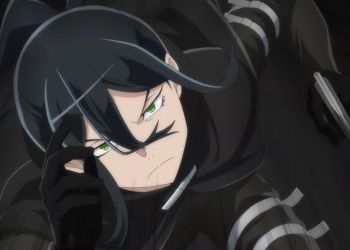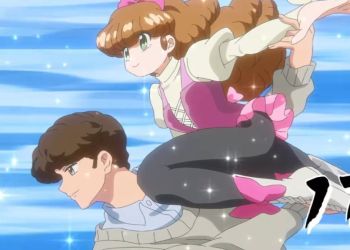Signal.MD Refuses To Pay Anime Director, But Justice Is Served!
As most of us already know, those who work in the Japanese animation industry are mostly underpaid. The shining world of anime gives way to a much darker truth as new issues arise regarding the industry.
If you think that only minor animators are poorly paid, then you will be shocked to know that even directors have to face harsh situations. From being poorly paid, the situation has leaped to not getting paid at all!
A producer from Signal.MD, the studio behind anime like The Wonderland and Napping Princess, had refused to pay an anime director.
Shiro Kudaka, the director in question, had to report his problem to the Japan Fair Trade Commission (JFTC).
Kudaka has explained in detail what had actually led to his decision to report against the studio. According to him, Signal.MD had contacted him for serving as a director of an anime that will be released in 2021.
The director was to be paid $3,438 in total. He was paid $1,719 in advance and it was agreed that the rest of the money will be paid after the anime was completed.
However, it was an oral agreement rather than a written one. In Japan, oral agreements are common but they are hard to be proven in courts.
The problems with Kudaka started in late 2019 when a producer said that he was unsatisfied with the director’s work and did not want to pay the rest of the amount.

According to the producer, Kudaka did not do much work and did not deserve the payment. The producer even threatened Kudaka that he will be cut off.
Kudaka reached the limit of his patience when the unnamed producer claimed that if the work was not completed by February, he will not pay the due and retract the advance as well.
He contacted the JFTC soon afterward and the issue was resolved on 25th January 2021. Kudaka is satisfied with the conclusion and hopes that his fellow animators don’t have to go through the same situation.
A Deep Dive into Salaries Of Japan’s Animators In Popular Studios
Article 3.1 of the Subcontract Act states that when a subcontractor is employed, an order form with explicitly specified terms must be submitted. The company has breached the article by not complying with the terms.
Signal.MD is a subsidiary of I.G. Port and the company has confessed that the studio did receive written guidance from the JFTC.
After confirming the facts, we will take appropriate measures to deal with the parties concerned, and at the same time, the entire group, including Signal.MD will strive to ensure thorough compliance and sound management in compliance with the law.
Signal.MD
Source: J-CAST
Sometimes we include links to online retail stores and/or online campaigns. If you click on one and make a purchase we may receive a small commission. For more information, go here.





